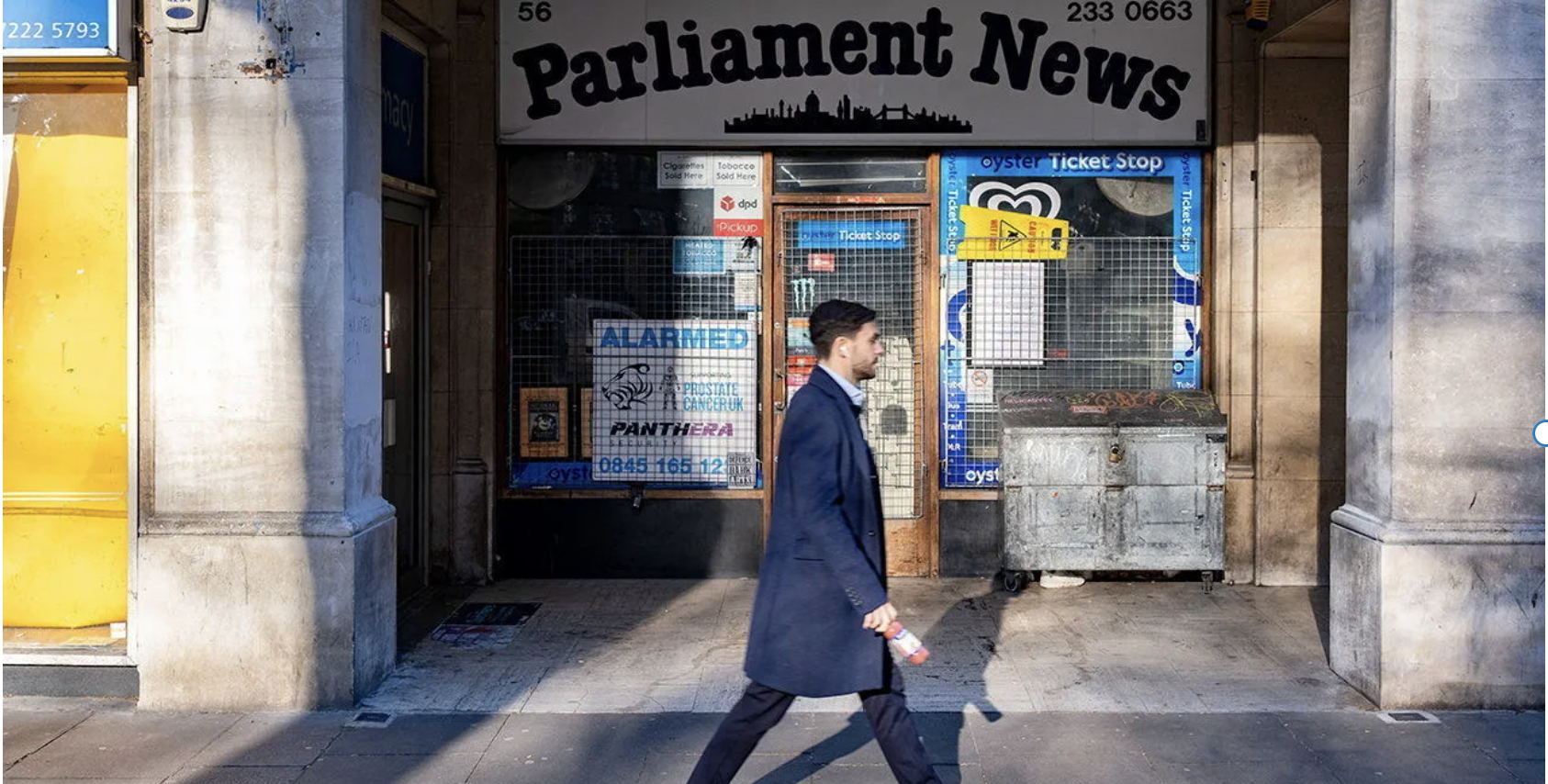And why the next one might be

This has already been the year of the TikTok election. In Pakistan the social-media app rallied rural youth to support Imran Khan, an imprisoned former prime minister. In Indonesia Prabowo Subianto, a strongman with a dodgy human-rights record, won the internet—and the presidency—with his dad-dancing. In France Jordan Bardella, a slick 28-year-old at the head of the party list for National Rally, a hard-right party, used TikTok to smooth a path to victory in the European parliamentary elections on June 9th.
More than three weeks into the general-election campaign, the platform is not having the same sort of impact on British politics. That is not for lack of engagement. Some 65% of 18- to 24-year-olds and 38% of 25- to 34-year-olds have seen something about the election on TikTok in recent weeks, according to a survey for The Economist by WeThink, a polling firm. But the parties themselves have not put much weight on TikTok: Labour, the Tories and the Liberal Democrats opened their accounts only after Rishi Sunak, the prime minister, announced the election. “Highlights” to date include a meme from the Labour Party about the Conservatives’ plans for national service and Nigel Farage, a right-wing politician, posing with a milkshake after being soaked by a protester’s beverage.
In other ways, too, social-media platforms have not been as disruptive as some feared. For all the concerns about the risks of deepfakes and generative artificial intelligence to the integrity of elections, attempts to smear British politicians with doctored clips have so far not been sophisticated enough to evade vigilant users, who are reporting and labelling them. A lot of misinformation appears to be due to creators’ ignorance of the electoral system—witness earnest TikTokkers urging viewers to vote in Jeremy Corbyn, a former Labour leader, as prime minister—rather than malevolent intentions.
Traditional media outlets still play a significant role in shaping public debate around an election campaign, says Professor David Deacon of Loughborough University. Older people, who are more likely to vote, get most of their news from tv and radio, according to our survey (see chart). The bbc still sets the news agenda, from “Today”, a morning radio programme, to the push alerts it sends to millions of app users. In the seven days up to June 5th Mr Farage’s party, Reform uk, got more tv coverage than any other party except Labour and the Conservatives; that will doubtless prove far more important in this election than Mr Farage’s TikTok followers.

But there are also clear signs of how the ground is shifting towards social media. The spending limit for political parties increased by 80% at this election, from £30,000 ($38,000) to £54,010 per constituency. A big chunk of this will go on social media and online advertising as parties try to fill the void left by the decline of local newspapers. Sam Jeffers of Who Targets Me, a website that tracks online political adverts, notes that Labour is spending much more than it did in 2019 on videos on YouTube, Facebook and Instagram, targeting voters based on their postcode.
On TikTok, where political advertising by parties is banned, Labour has been offering to train local influencers to produce pro-Labour content. This may help it turn out its base in tight races: some 24% of under-40s say the content they watch has made them more likely to vote.
TikTok’s personalised feeds can also quickly generate huge momentum for smaller parties and independent candidates. Akhmed Yakoob, a local solicitor, recently won 70,000 votes in the West Midlands mayoral election, for example; now the “TikTok lawyer” is standing as an independent in the safe Labour seat of Birmingham Ladywood in a campaign powered largely by anger at the party’s stance on the war in Gaza. Though Mr Yakoob is unlikely to win, Labour is right to be worried. This may not be the TikTok election. The next one probably will be.■
Jun 15th 2024
Excerpts: The economist



COMMENTS